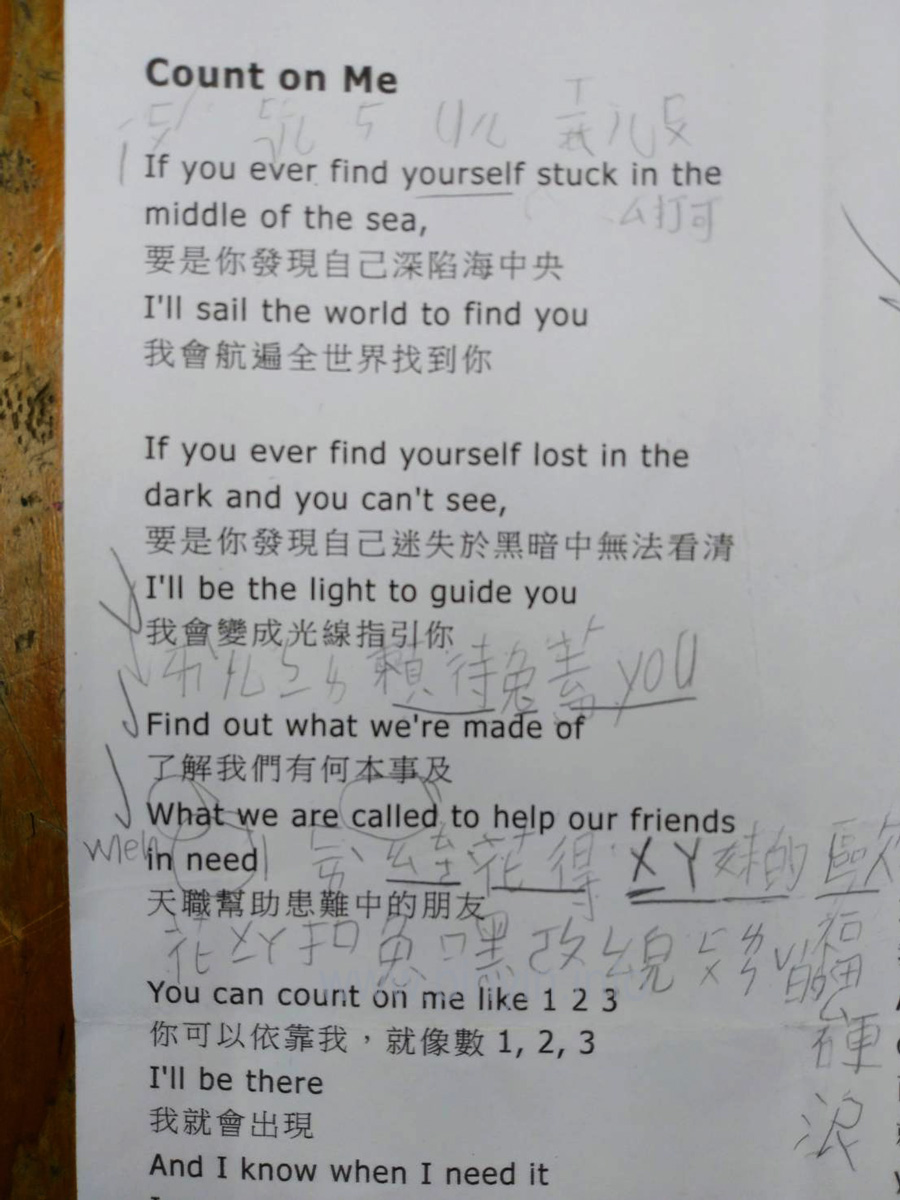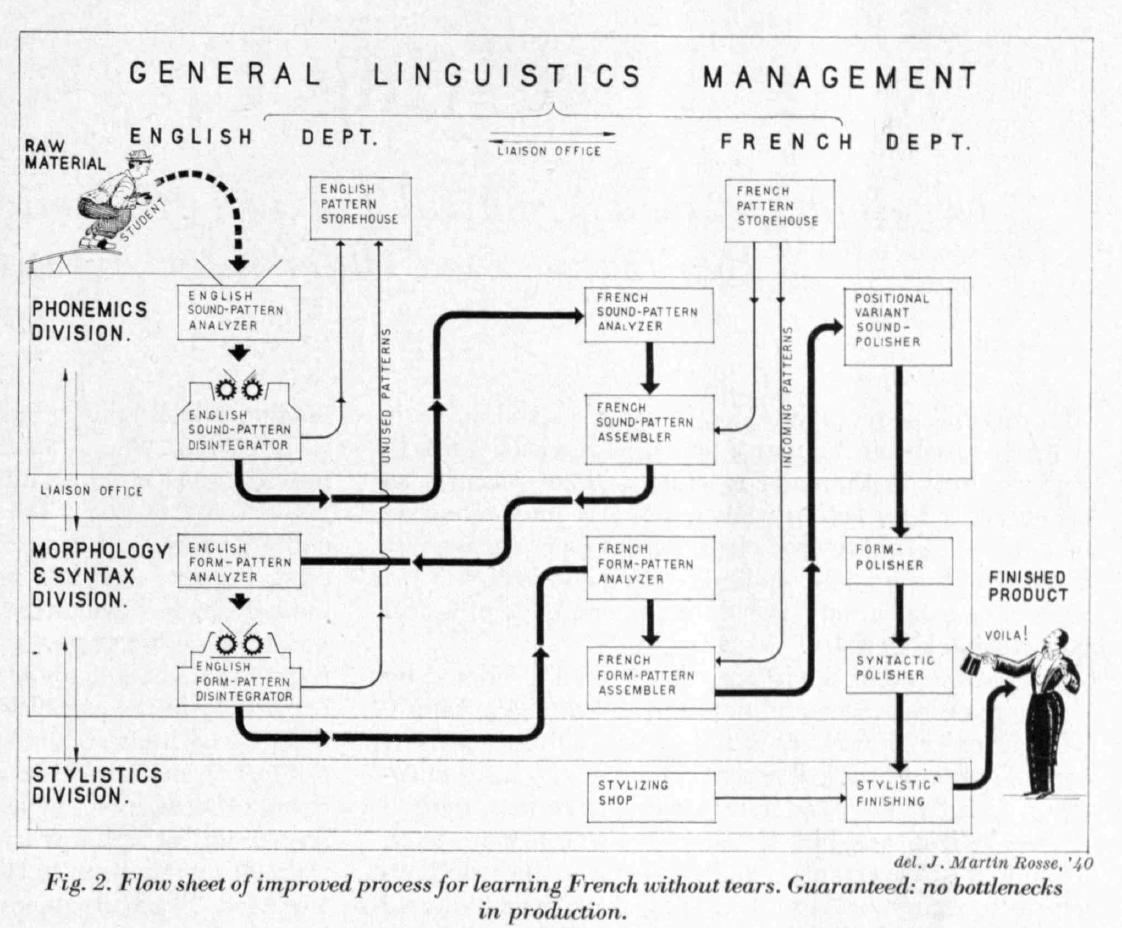Reward for learning Hakka
From AntC: "Following the thread on South Korea’s English exam, here’s New Taipei promoting topolect diversity. “the goal is to encourage more people to learn Hakka and use the language in daily life.”
New Taipei to reward Hakka test passes with cash
City residents can earn up to NT$4,000 for certified exam passes
Reagan Lai, Taiwan News (Dec. 25, 2025)
Read the rest of this entry »


